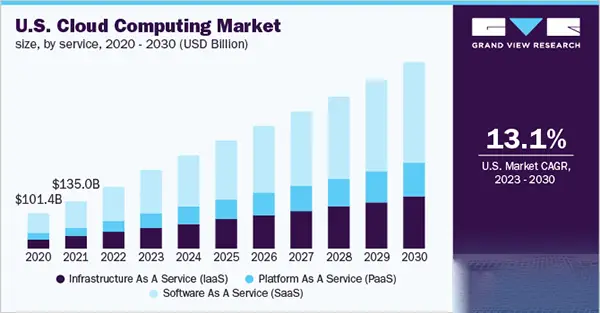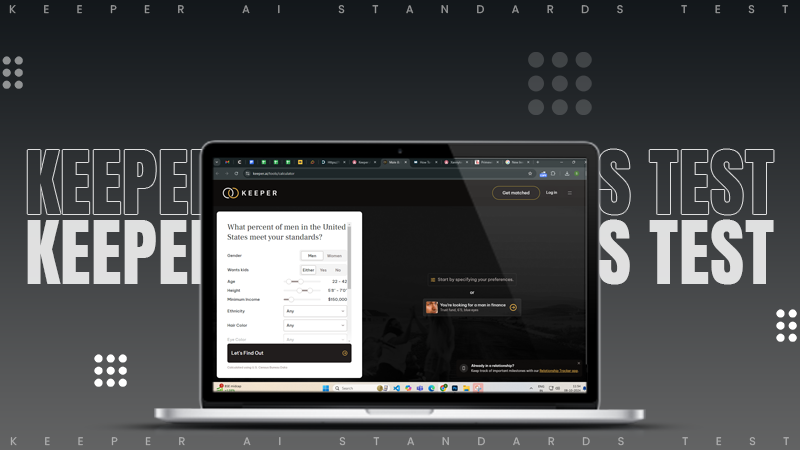Role of Cloud Architects in Driving Digital Transformation
Jump To Key Section
- Designing Robust Cloud Solutions
- Seamless Cloud Integration
- Ensuring Scalability and Flexibility
- Implementing Robust Security Measures
- Optimizing Cost Efficiency
- Supporting Continuous Innovation
- Collaborating with Cross-Functional Teams
- Ensuring High AvaiIability and Disaster Recovery
- Monitoring and Performance Optimization
- Data Management and Governance
- Cloud Cost Optimization
- End Note
Key Takeaways
- Cloud Architecture enables companies to improve productivity, scaling, and development.
- Their duty includes dependable and effective cloud solutions that optimize the objectives of the business.
- They seamlessly integrate the existing system with the cloud and implement robust security measures.
- Cloud Services, if not managed effectively, can lead to unexpected costs.
- They use this technology in the organization to improve productivity, agility, and competitiveness.
Organizations increasingly rely on cloud technologies to simplify operations and maintain competitiveness in this constantly changing digital environment. In this digital transformation process, cloud architects are influential because they allow companies to use the cloud’s capabilities to improve productivity, scaling, and development.
This blog will discuss their significant roles and how they help enterprises succeed in digital transformation.
Designing Robust Cloud Solutions
Their primary duty is to offer dependable and efficient cloud solutions that advance the objectives of the business. This includes considering several variables, including workload requirements, data retention needs, and scalability in the future. They employ their expertise in cloud-native architectures and best practices to achieve optimal performance and reliability.
cloud solutions architect empowers organizations to take full advantage of these services like serverless computing, containers, and auto-scaling, by designing a well-architected cloud environment. These technologies enable businesses to operate with enhanced agility, quickly responding to market changes and customer demands.

Seamless Cloud Integration
Integrating existing systems and applications with cloud services is vital to digital transformation. A certified cloud architect plays a significant role in this integration process, ensuring a seamless and secure transition to the cloud.
They work closely with the organization’s IT teams to understand the current application landscape and identify potential challenges in migrating to the cloud. They ensure the transition is executed smoothly, minimizing disruptions to business operations by devising a well-thought-out migration plan.
Ensuring Scalability and Flexibility
One of its unique capabilities is scaling resources as needed. They leverage this capability to design highly scalable infrastructures that can adapt to varying workloads.
During peak demand periods, cloud services architect ensures that the cloud environment can dynamically allocate additional resources, providing uninterrupted service to customers. Conversely, resources can be scaled down during reduced-demand periods, optimizing costs and resource utilization.
Do You Know?
Payscale estimates that a cloud architect makes an average pay of $128,418.
Implementing Robust Security Measures
Security is a top priority in any digital transformation journey. Cloud computing architect embeds stringent security measures to protect sensitive data, intellectual property, and customer information.
They design multi-layered security architectures, integrating various security services these providers offer. This includes encryption, identity and access management, and data loss prevention. Cloud architects instill trust in the cloud environment and safeguard the organization’s assets from potential threats, by implementing a robust security framework.
Optimizing Cost Efficiency
Cloud solutions architect understands the importance of cost optimization in a digital transformation strategy. They analyze cloud usage patterns, identify potential cost-saving opportunities, and recommend appropriate measures.
They help organizations identify unused or underutilized resources through cost management tools and continuous monitoring, allowing them to optimize their cloud spending. By adopting a cost-conscious approach, businesses can allocate their budget more effectively and allocate resources where they deliver the most value.
Supporting Continuous Innovation
Innovation is the cornerstone of successful digital transformation. Certified cloud architect plays a vital role in fostering innovation by facilitating the adoption of cutting-edge services and technologies.
They stay updated with the latest trends and advancements in cloud computing, evaluating how these innovations can enhance their organization’s operations. They work closely with development teams and encourage adopting cloud-native development practices, enabling rapid prototyping and reducing time-to-market for new products and services.
Are you aware that cloud architecture is divided into Frontend and Backend?
Collaborating with Cross-Functional Teams
Effective collaboration is paramount for a seamless digital transformation process. Cloud services architect works closely with cross-functional teams, including developers, operations, and management, to ensure a unified approach toward cloud adoption.
They can address challenges more efficiently and drive successful implementation, by promoting clear communication and understanding among different teams. Their ability to bridge the gap between technical and business teams allows for a smoother transition to the cloud and facilitates better alignment with the organization’s objectives.
Ensuring High AvaiIability and Disaster Recovery
Downtime and data loss can have severe repercussions on a business. Cloud computing architect implements high availability and disaster recovery mechanisms to mitigate such risks.
They design redundancies across multiple cloud regions and implement automated backup strategies to ensure information integrity and business continuity, even during unforeseen events. With a robust disaster recovery plan, they provide peace of mind to the organization and provide cybersecurity for companies. Their sensitive systems and data are also protected.
Monitoring and Performance Optimization
Cloud applications must perform at their best for customer satisfaction and commercial success. Cloud architects are responsible for implementing comprehensive monitoring and performance optimization strategies.
They utilize various monitoring tools and metrics to gain insights into resource utilization, response times, and other key performance indicators.
Proactive monitoring allows them to identify and address performance bottlenecks, ensuring that applications deliver a smooth and reliable experience. They optimize resource allocation by constantly fine-tuning the cloud environment, leading to cost savings and enhanced application performance.
Data Management and Governance
Data is a valuable asset for any organization, and cloud solutions courses play a vital role in managing and governing information stored in the cloud. They define data storage and access policies, ensuring compliance with industry regulations and data privacy standards.

Cloud architects work closely with data engineers and analysts to design scalable and secure information pipelines. They also implement backup and disaster recovery mechanisms to safeguard necessary details from loss or corruption. Cloud architects establish trust in data-driven decision-making processes by promoting data governance and driving business growth and competitiveness.
Cloud Cost Optimization
Cloud services offer flexibility and scalability, but can lead to unexpected costs if not managed efficiently. Certified cloud architect continually analyzes cost patterns and identifies opportunities for optimization.
They leverage cost management tools to optimize cloud spending and implement techniques like instance right-sizing, reserved instance purchasing, and spot instance usage. Besides, they provide recommendations on cost-effective selection to match specific application requirements and budget constraints.
End Note
In conclusion, cloud architects are integral to the success of digital transformation initiatives. Their proficiency in developing, deploying, and maintaining cloud infrastructures enables companies to take advantage of this technology to the fullest extent possible. From ensuring security and scalability to optimizing costs and driving innovation, cloud services architect plays a multifaceted role in shaping the future of organizations.








